Vladimir Putin has banned WhatsApp and other encrypted messaging apps across Russia, pushing citizens towards a newly launched, state-controlled alternative
Others are reading now
The app, named Max, debuted last month and is being positioned as the country’s official messaging service. The move forms part of a broader campaign to tighten digital surveillance and curtail access to Western tech.
Max: The Kremlin’s National Messaging App
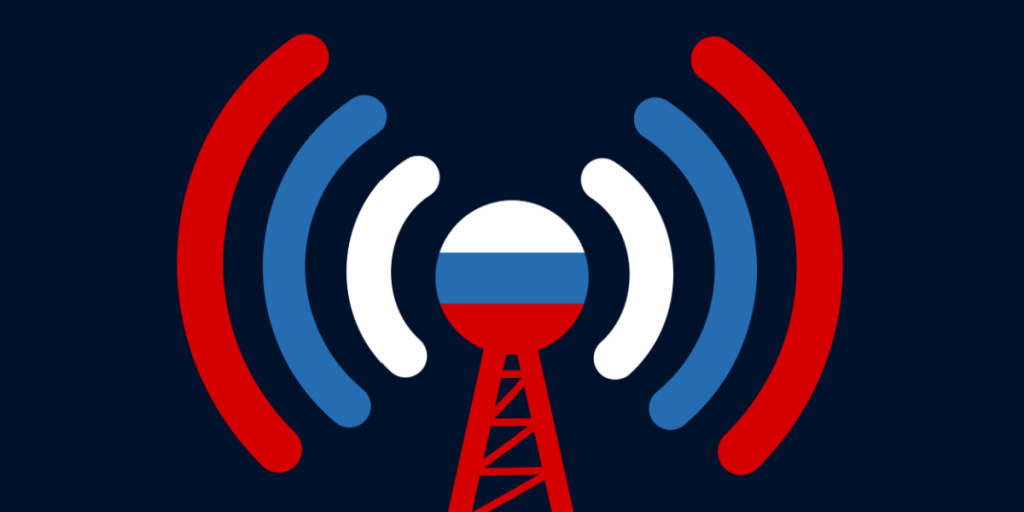
The app Max was created by a company with close Kremlin ties and is now mandatory on all new devices sold after September 1. Unlike WhatsApp and Telegram, Max is not end-to-end encrypted.
It can share user data with government bodies, prompting serious concerns over digital privacy. Despite this, it’s being heavily promoted by influencers and celebrities across Russian media.
WhatsApp and Telegram on the Chopping Block
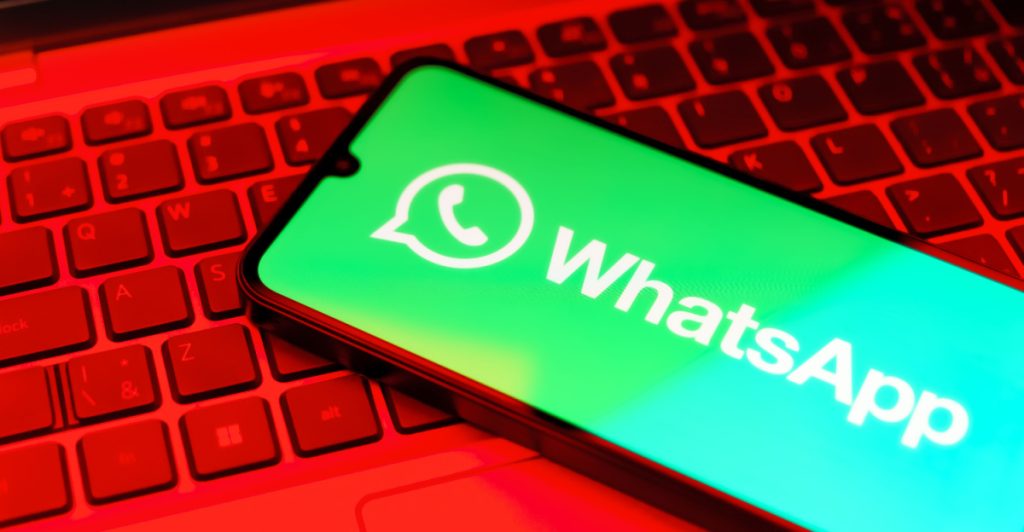
WhatsApp and Telegram are widely used across Russia, by 97 and 90 million people, respectively. Their encryption features have made them essential for communication, especially in remote towns.
But under Putin’s regime, Meta (WhatsApp’s parent company) is labelled a terrorist organisation, providing grounds for sweeping restrictions.
Also read
Internet Outages and a Looming Digital Blackout
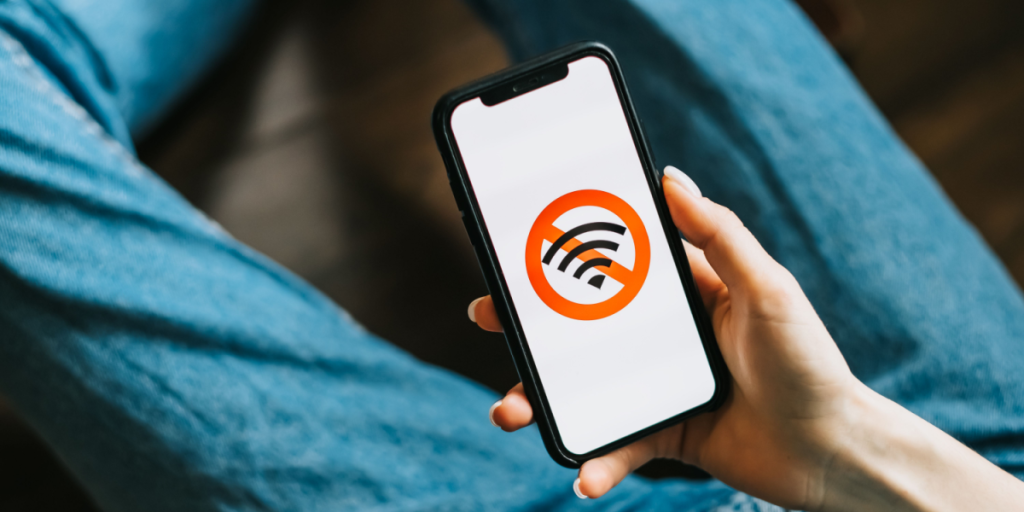
Routine internet blackouts are increasingly common across Russia, affecting entire cities and cutting off access to crucial online services. Critics fear this could be the beginning of a fully state-controlled internet.
These shutdowns often leave people unable to access transport information, book taxis, or even contact relatives.
“Digital Detox” or Digital Repression?
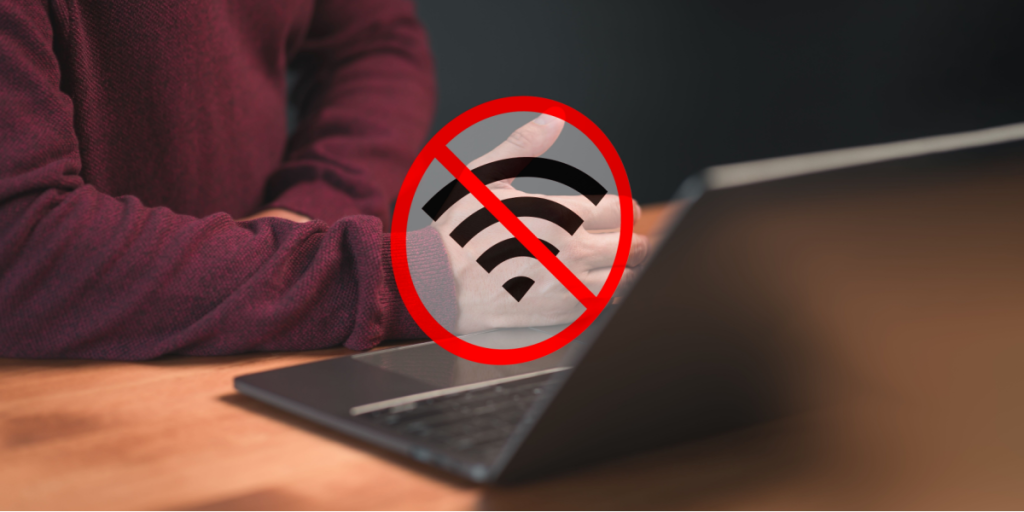
While state-run media describes the outages as an opportunity for a “digital detox,” many Russians tell a different story. Konstantin, a Moscow resident, said, “It’s impossible to check bus routes or timetables.
The boards at stops just display errors.” The disruptions are hitting daily life hard, with many seeing them as a form of punishment.
Surveillance Built Into the System

Russia’s surveillance measures go well beyond app bans. SIM cards can only be purchased with national ID, and telecom companies must grant security agencies access to their infrastructure.
Also read
The state’s grip on digital communication is becoming absolute, with Max centralising even more control.
Harsh Penalties for Online “Extremism”
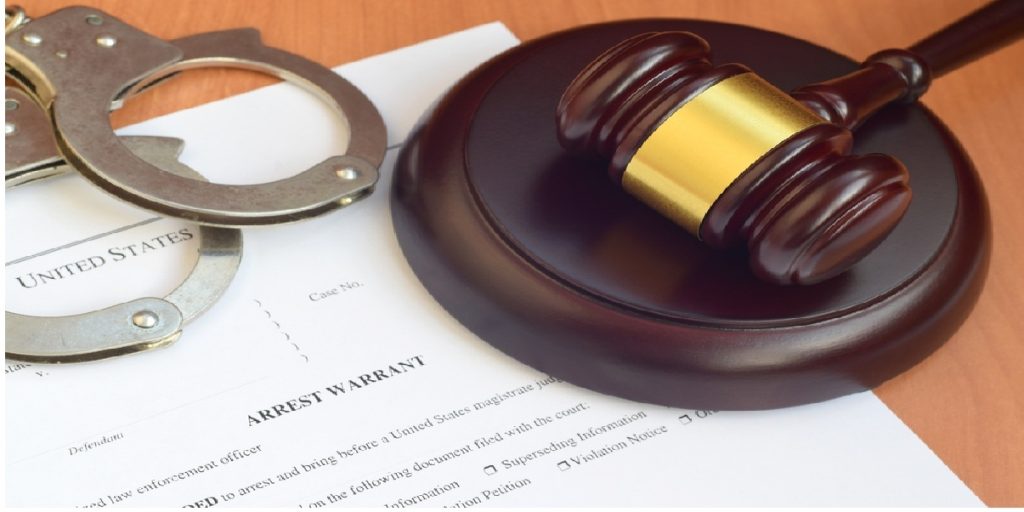
New laws threaten severe penalties for those who break online restrictions. This includes hefty fines for searching for so-called “extremist” material and bans on advertising with “extremist” websites.
Critics argue the vague terminology allows the government to target dissenting voices at will.
Personal Connections Under Threat
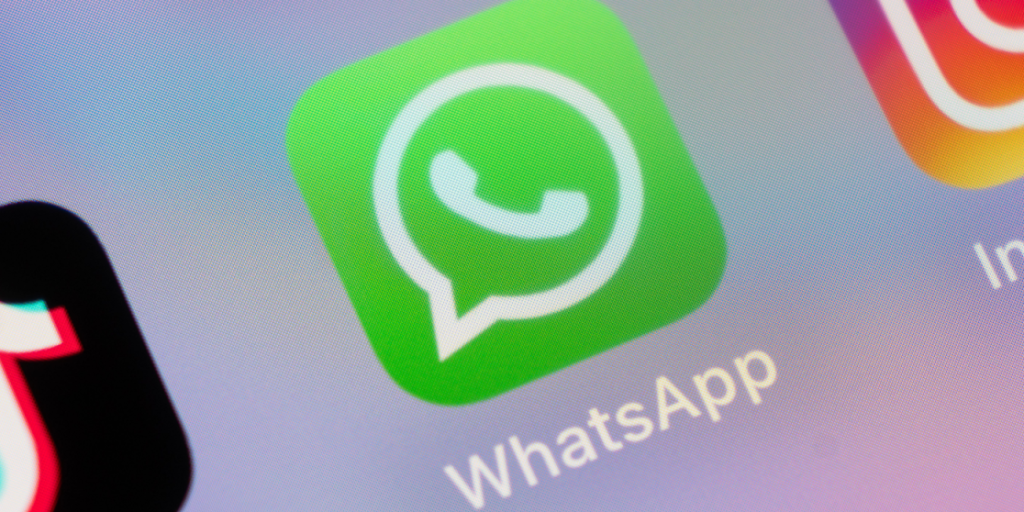
One Russian woman, Marina, told the BBC: “The authorities don’t want us to maintain any kind of relationships, connections, friendships or mutual support.”
For many, apps like WhatsApp are more than just chat tools, they’re lifelines for community and communication, now under threat.
Also read
Max Aims to Be More Than Just a Messenger
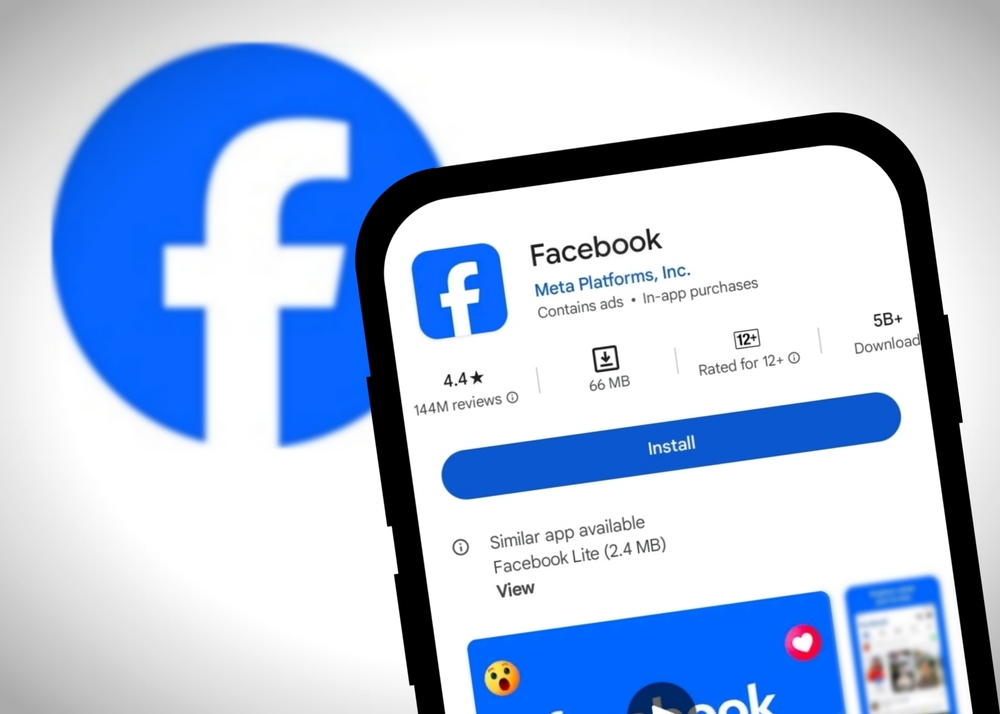
Officials say Max will become a “super app,” merging messaging with banking services, government alerts, and social media features.
The layout reportedly mimics Facebook, but with every move tracked and reported to authorities. The ultimate aim? Total control over how Russians connect, spend, and speak.
What Comes Next for Russia’s Digital Future?

With censorship escalating and the government pushing for full control of digital infrastructure, the outlook for Russian internet freedom appears bleak.
As the Kremlin enforces its version of connectivity, everyday citizens are left navigating an increasingly isolated and monitored online world.


